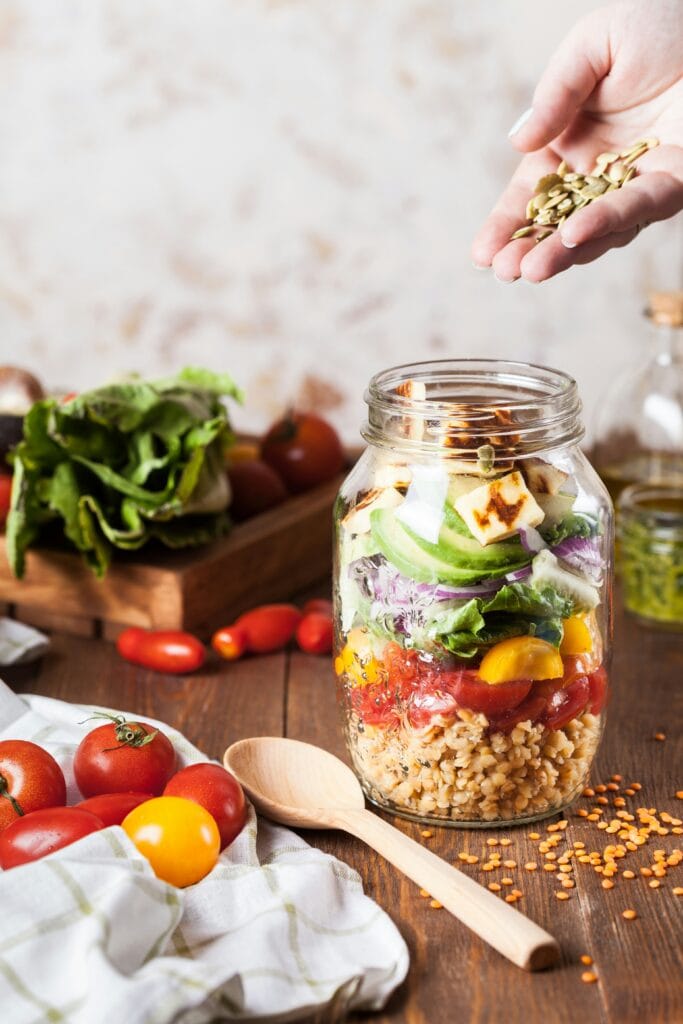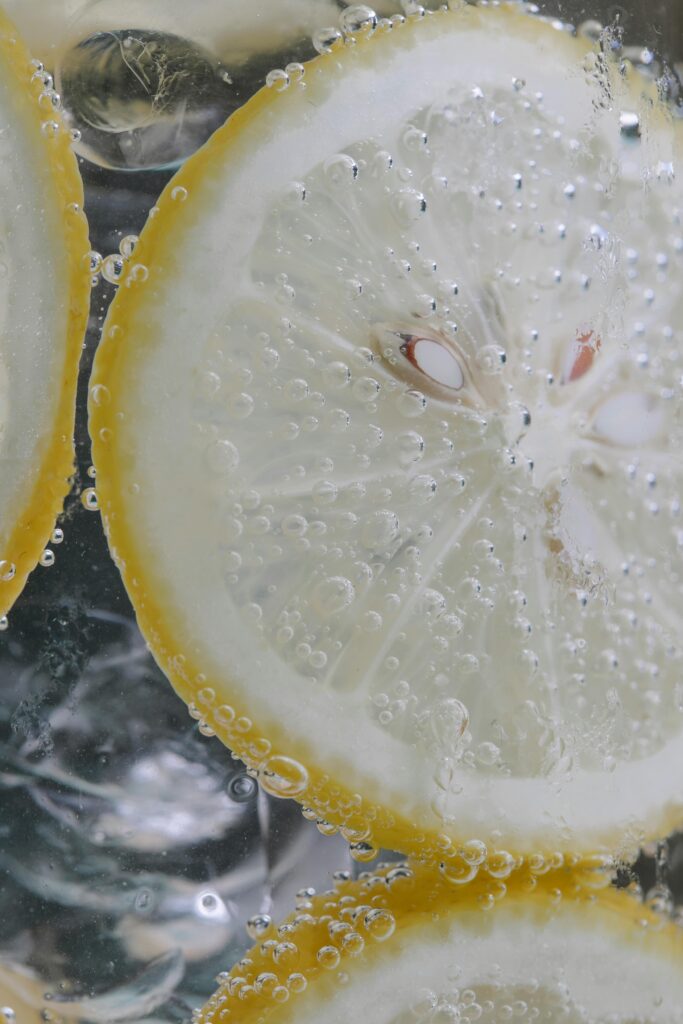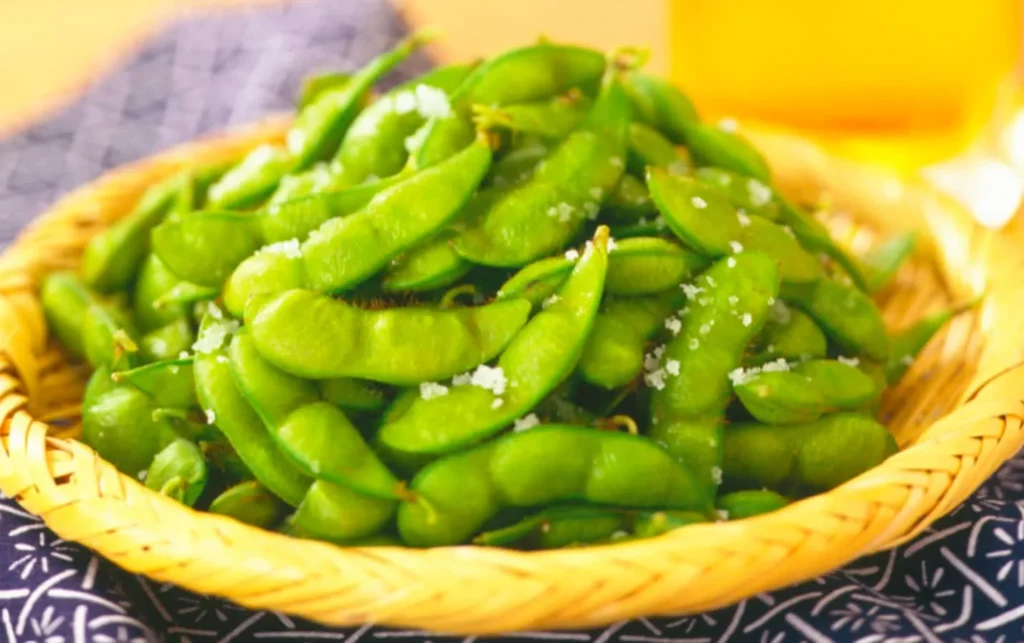Have you ever wondered if eating beans and rice each day is a good idea for your overall health? It’s quite common to question our dietary habits, especially when it comes to staple foods like beans and rice. Let’s take a closer look at the potential benefits and drawbacks of including these ingredients in your daily meals.
Learn More About The Health Benefits Of Beans And Rice
The Nutritional Value of Beans and Rice
Both beans and rice are rich in nutrients, making them a popular choice worldwide. When combined, they offer a powerhouse of dietary benefits that could enhance your overall health.
Benefits of Beans
Beans are often regarded as a superfood. Here are some reasons why:
- High in Protein: Beans are an excellent source of plant-based protein, which is essential for muscle building and repair.
- Rich in Fiber: They are packed with dietary fiber which aids in digestion and helps maintain a healthy weight. Fiber can make you feel full longer, which can prevent overeating.
- Vitamins and Minerals: Beans contain a variety of essential vitamins and minerals, including iron, magnesium, and folate. These nutrients support bone health, energy production, and overall bodily functions.
Benefits of Rice
Rice is a staple food for many people around the globe for good reason. Here are some benefits:
- Energy Source: Rice, particularly white rice, provides a quick source of energy due to its high carbohydrate content. Brown rice offers more fiber and nutrients, making it a healthier option in many cases.
- Low in Fat: Rice has very low fat content, which can help maintain a healthy heart.
- Versatile Ingredient: You can pair rice with a variety of foods and flavors, making mealtime enjoyable and customizable.
The Perfect Pair: Complete Protein
When combined, beans and rice create a complete protein. This means they provide all the essential amino acids your body needs. While beans lack certain amino acids found in rice, and vice versa, together they complement each other perfectly, making them an ideal combination.
Understanding Complete Proteins
A complete protein has all nine essential amino acids that your body cannot produce on its own. For example, beans provide lysine but lack methionine, while rice provides methionine but lacks lysine. Together, they fill in the gaps, making this combination particularly beneficial for vegetarians and vegans.
Discover The Nutritional Value Of A Daily Beans And Rice Diet
Health Benefits of Eating Beans and Rice Daily
Incorporating beans and rice into your daily diet can have a multitude of health benefits. Here’s what you can expect.
Weight Management
Eating fiber-rich foods like beans and rice can help with weight management. Here’s how:
- Feeling Full: The fiber in beans helps you feel fuller for a longer time, which can reduce the likelihood of snacking on unhealthy foods.
- Low-Calorie Density: Both beans and rice are relatively low in calories for the volume, allowing you to eat satisfying portions without consuming excessive calories.
Blood Sugar Control
Beans and rice can assist in regulating blood sugar levels.
- Low Glycemic Index: Beans generally have a low glycemic index, meaning they cause a gradual rise in blood sugar levels. This is beneficial for individuals with diabetes or those looking to maintain stable energy levels throughout the day.
- Balanced Meals: Combining the carbohydrates from rice with the protein and fiber from beans can stabilize blood glucose levels even further.
Heart Health
Both beans and rice can contribute positively to your heart health.
- Cholesterol Reduction: The soluble fiber found in beans can help lower LDL cholesterol levels, which may reduce the risk of heart disease.
- Anti-inflammatory Properties: Many varieties of beans, like black beans and kidney beans, contain antioxidants that combat inflammation, a contributor to heart disease.
Potential Drawbacks of Eating Beans and Rice Daily
While beans and rice offer many benefits, consuming them every day might not be ideal for everyone. Let’s explore some potential downsides.
Nutrient Imbalance
Relying too heavily on beans and rice may lead to nutritional deficiencies.
- Lack of Variety: By consuming the same foods every day, you might miss out on other essential nutrients found in different food groups, such as fruits, vegetables, and proteins from other sources.
- Essential Fats: Beans and rice are low in healthy fats, essential for the absorption of fat-soluble vitamins (A, D, E, and K) and overall health.
Digestive Issues
Some people may experience digestive discomfort when consuming legumes.
- Gas and Bloating: Beans contain oligosaccharides, which can cause gas and bloating in some individuals. If you’re not used to eating beans, gradually introducing them into your diet may help your digestive system adjust.
- Digestive Enzymes: Cooking beans thoroughly can help reduce these effects, making them easier on your stomach.
Tips for Incorporating Beans and Rice into Your Diet
If you’re considering adding beans and rice to your daily meals, here are some helpful tips to ensure you’re doing it in a balanced way.
Vary Your Beans and Rice
Don’t stick to just one type of bean or rice. Different varieties offer distinct flavors and nutritional benefits.
| Type of Bean | Nutritional Highlights |
|---|---|
| Black Beans | High in antioxidants and fiber |
| Pinto Beans | Good source of protein and iron |
| Chickpeas | High in protein and may boost digestion |
| Type of Rice | Nutritional Highlights |
|---|---|
| Brown Rice | Higher in fiber and nutrients compared to white |
| Wild Rice | Full of antioxidants and has a nutty flavor |
| Jasmine Rice | Offers a fragrant aroma and is slightly sweeter |
Pair with Vegetables
Incorporating a variety of vegetables can enhance the nutritional profile of your beans and rice meals.
- Colorful Choices: Consider adding bell peppers, spinach, or tomatoes to increase the amount of vitamins, minerals, and antioxidants in your dish.
- Boosting Flavor: Herbs and spices like garlic, cumin, and cilantro not only enhance the flavor but also come with their own health benefits.
Include Healthy Fats
Don’t forget to include healthy fats in your diet for overall balance.
- Avocado: Adding slices of avocado can introduce heart-healthy monounsaturated fats as well as enhance the creaminess of your dish.
- Olive Oil: Drizzling a little olive oil over your finished meal can provide additional flavor and nutrients.
How to Prepare Beans and Rice
Making beans and rice at home allows you to control the ingredients and portion sizes, ensuring a healthier meal.
Basic Recipe for Beans and Rice
Here’s a simple way to prepare a delicious beans and rice dish:
-
Ingredients:
- 1 cup of dry beans (such as black or pinto)
- 1 cup of rice (brown or white)
- 4 cups of water
- 1 onion, chopped
- 2 garlic cloves, minced
- Salt and pepper to taste
- Optional spices (cumin, chili powder)
-
Instructions:
- Soak the beans overnight in water to reduce cooking time and improve digestibility.
- Drain and rinse the beans. Add them to a pot with 4 cups of fresh water. Bring to a boil and then simmer for 1-2 hours until tender.
- In another pot, sauté onions and garlic in olive oil until fragrant.
- Add rice and twice the amount of water as rice (if using brown rice, check cooking time). Cook according to package instructions.
- Once both beans and rice are ready, combine them, season to taste, and enjoy!
Make It Convenient
If cooking from scratch every day isn’t realistic, consider meal prepping.
- Batch Cooking: Make larger quantities of beans and rice at once and store them in the refrigerator or freezer. You can easily reheat them when needed.
- Ready-to-Use Beans: Canned beans are a convenient option; just rinse them before using to remove excess sodium.
How Often Should You Eat Beans and Rice?
While it’s healthy to incorporate beans and rice into your meals, balance is key.
- Frequency: Consuming them every day can be beneficial, but mixing in other food options will provide a more rounded nutrient intake. A good starting point might be aiming for 3-5 meals weekly featuring this combination.
- Listen to Your Body: Pay attention to how your body responds. If you notice discomfort or digestive issues, reassess your portion sizes and frequency.
Conclusions
So, is it healthy to eat beans and rice every day? The answer lies in your overall dietary needs and lifestyle. This combination provides numerous health benefits, including essential nutrients, weight management, and blood sugar control. However, it’s crucial to maintain balance by incorporating a variety of other foods into your diet.
Finding a balance that keeps your meals diverse and enjoyable while maximizing the health benefits of beans and rice is key to fostering a sustainable eating habit. Enjoy experimenting with different recipes, flavors, and ingredients to find what works best for you!


